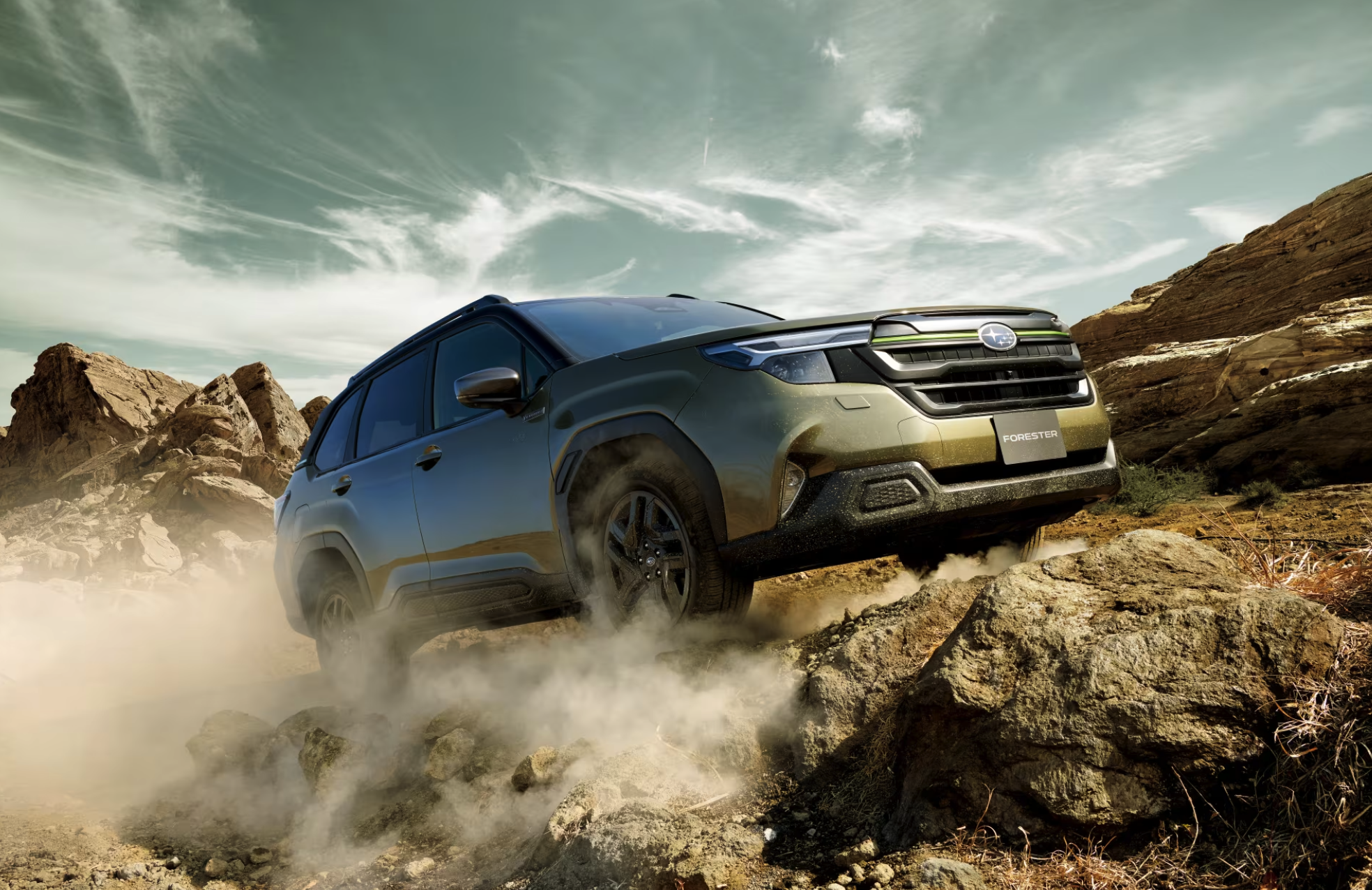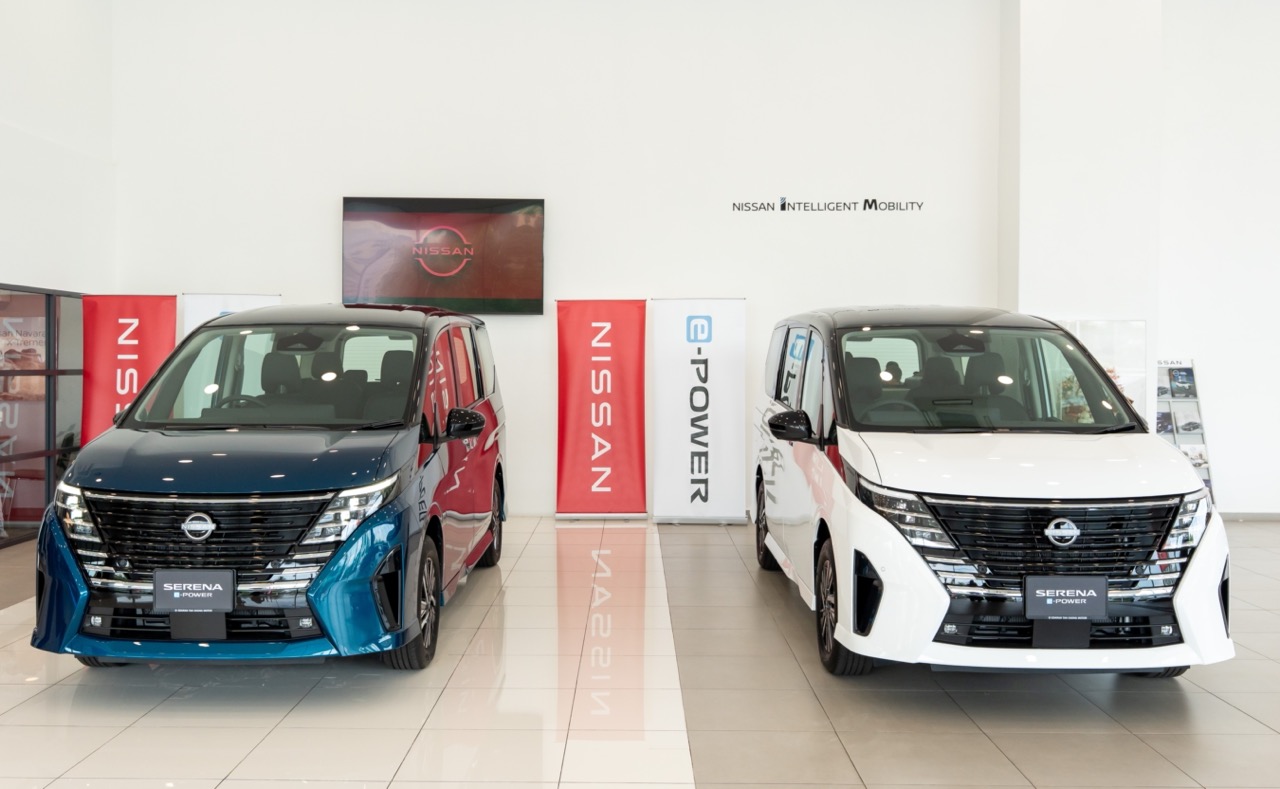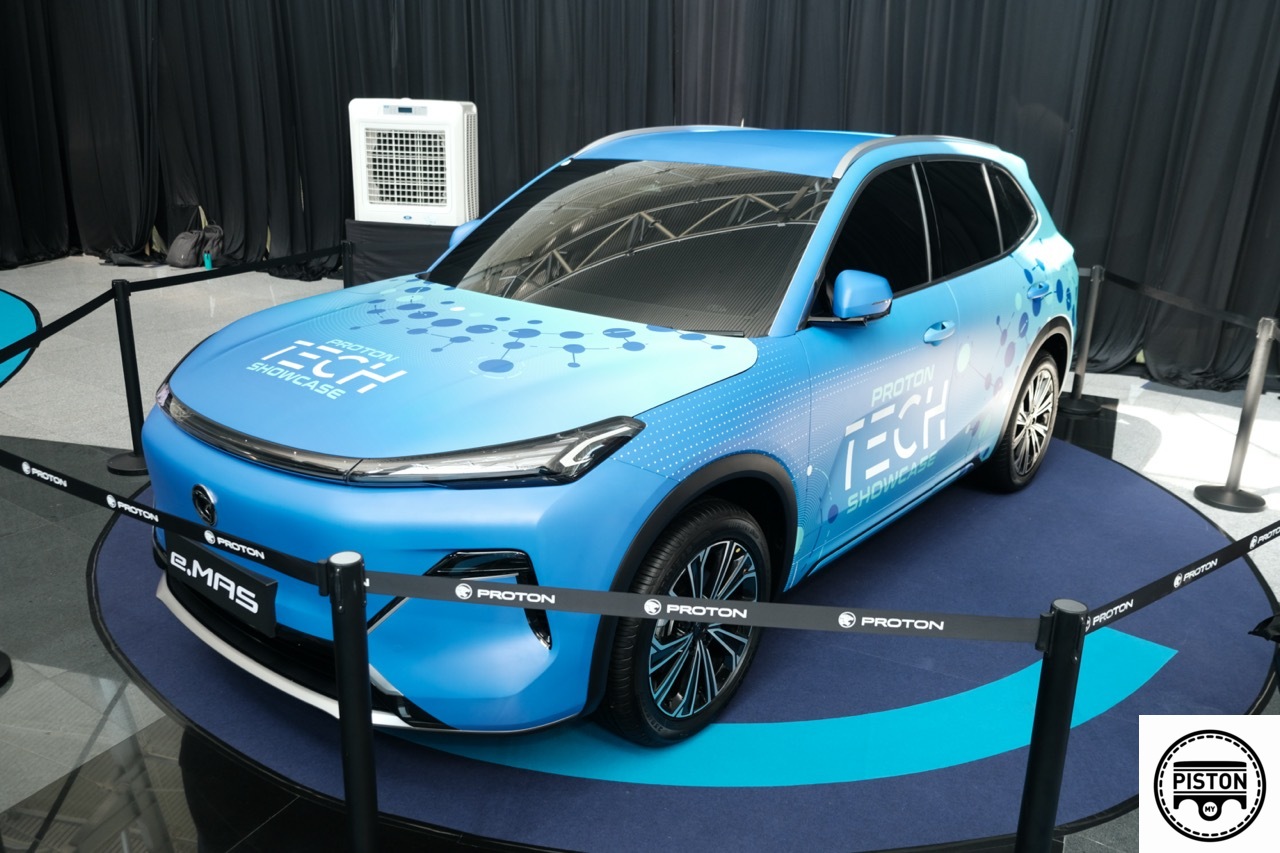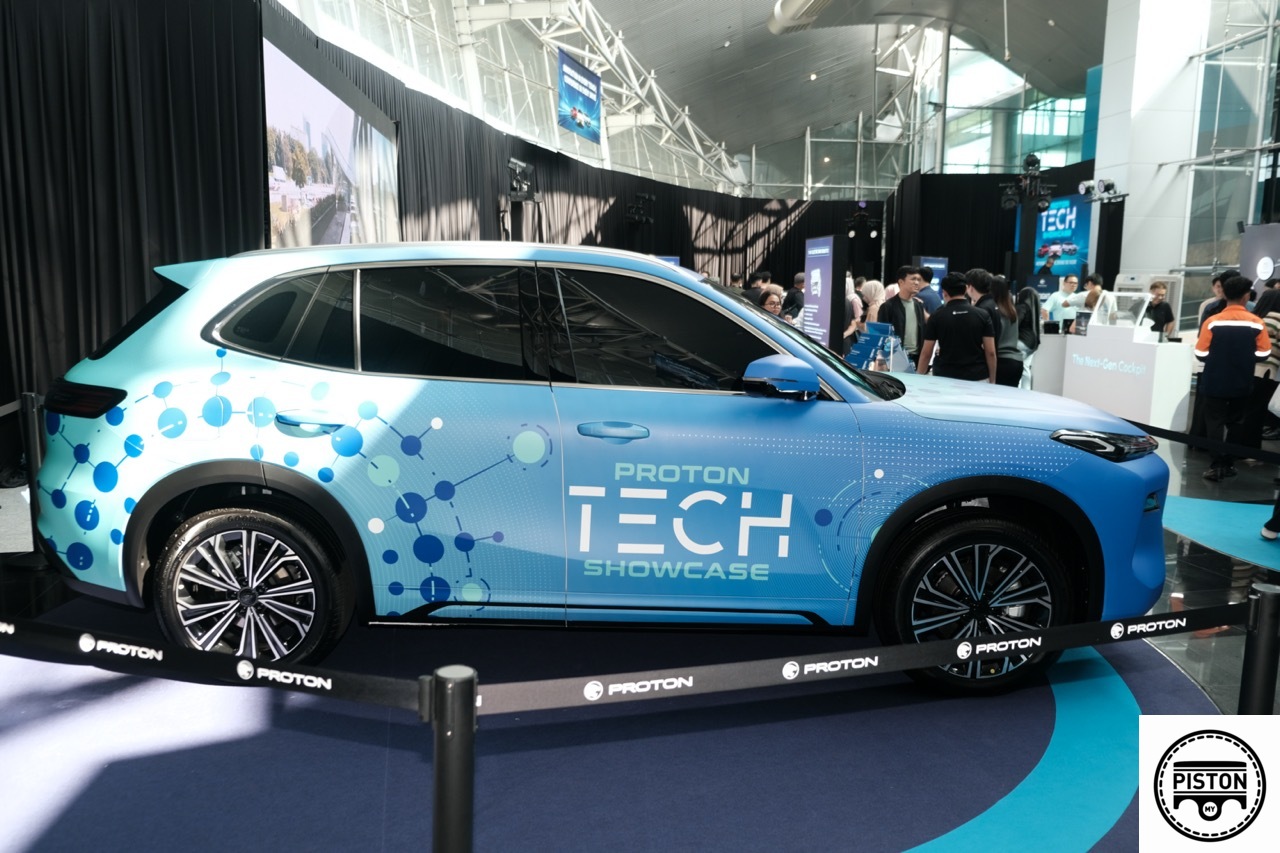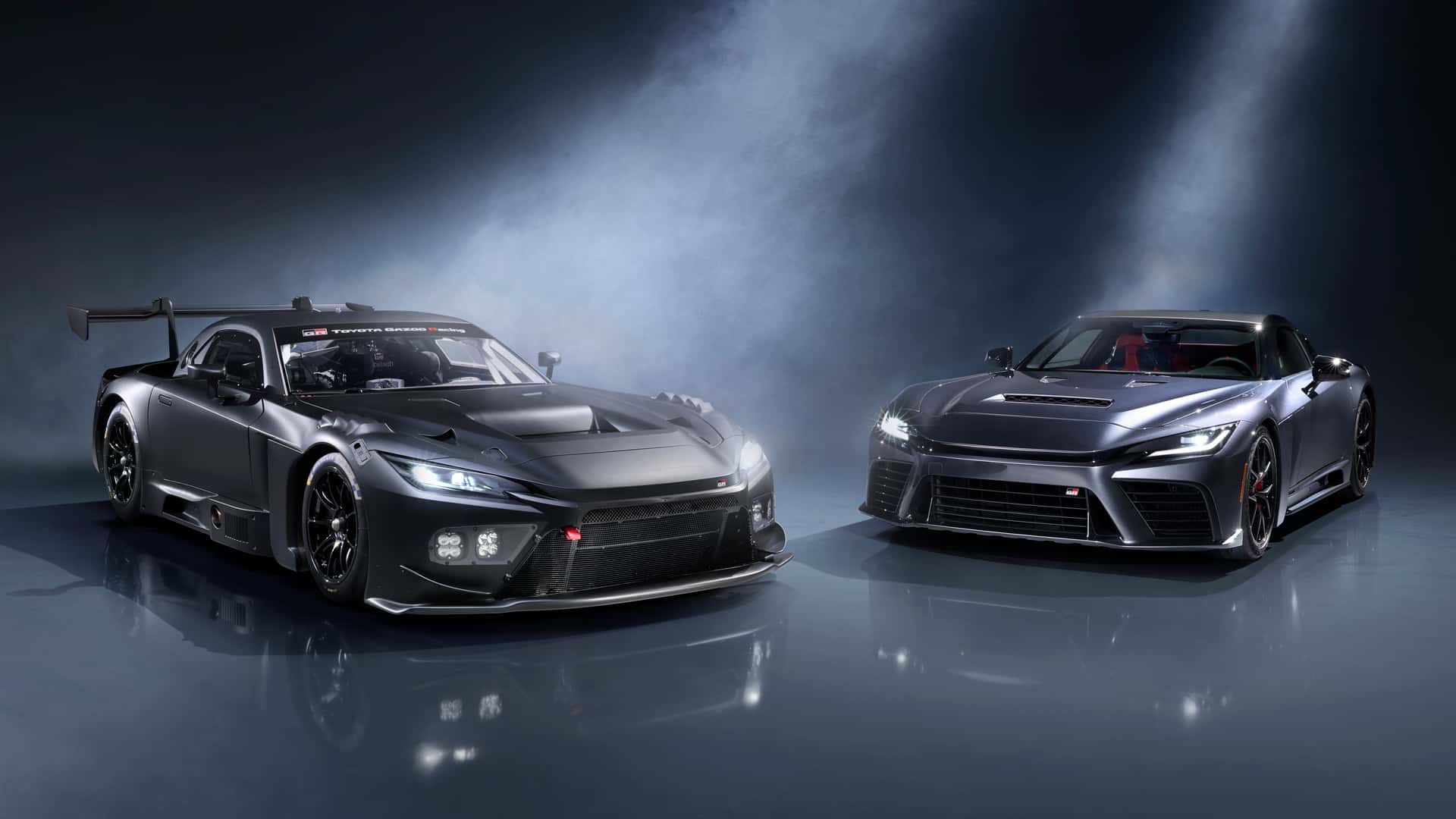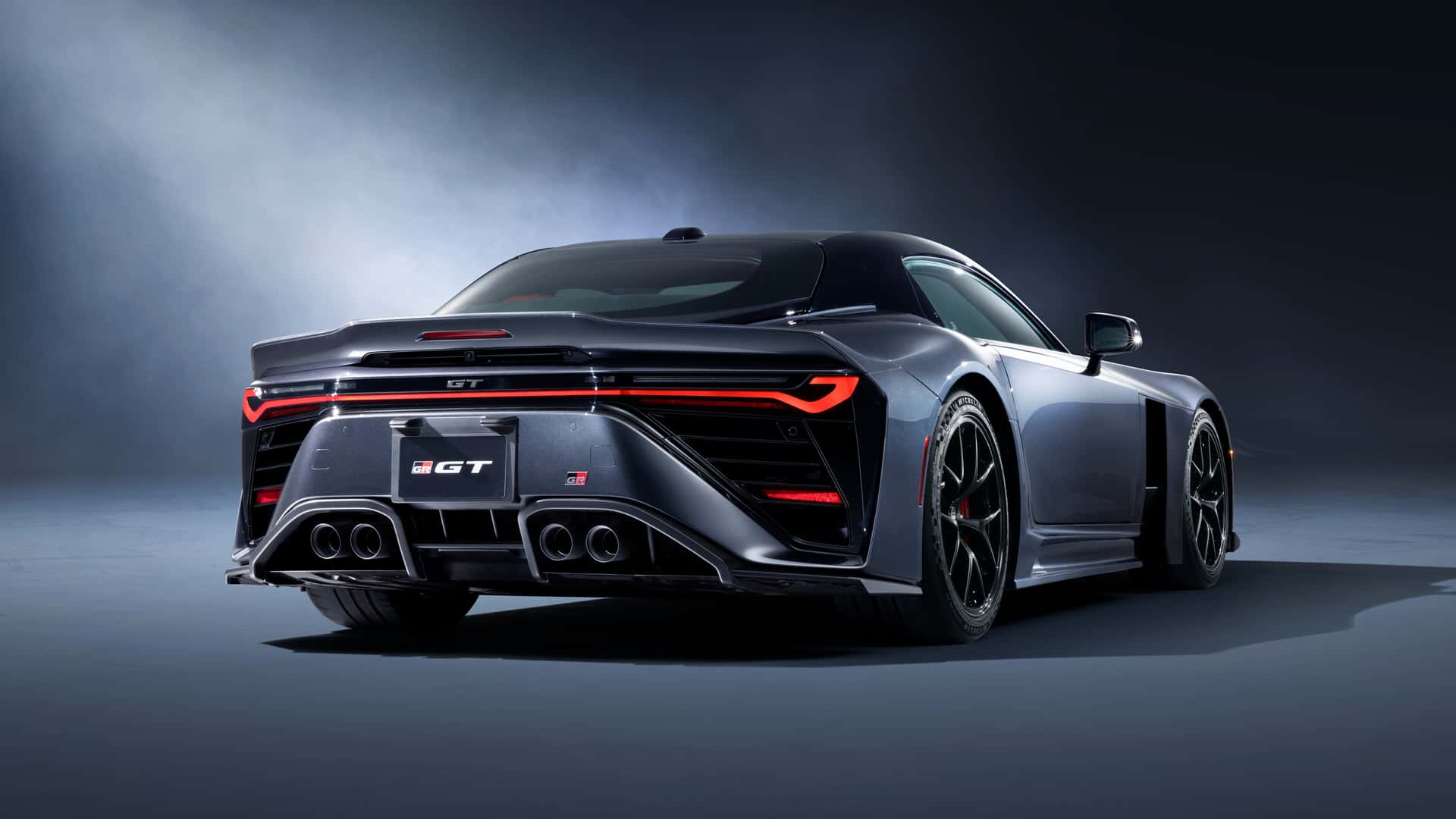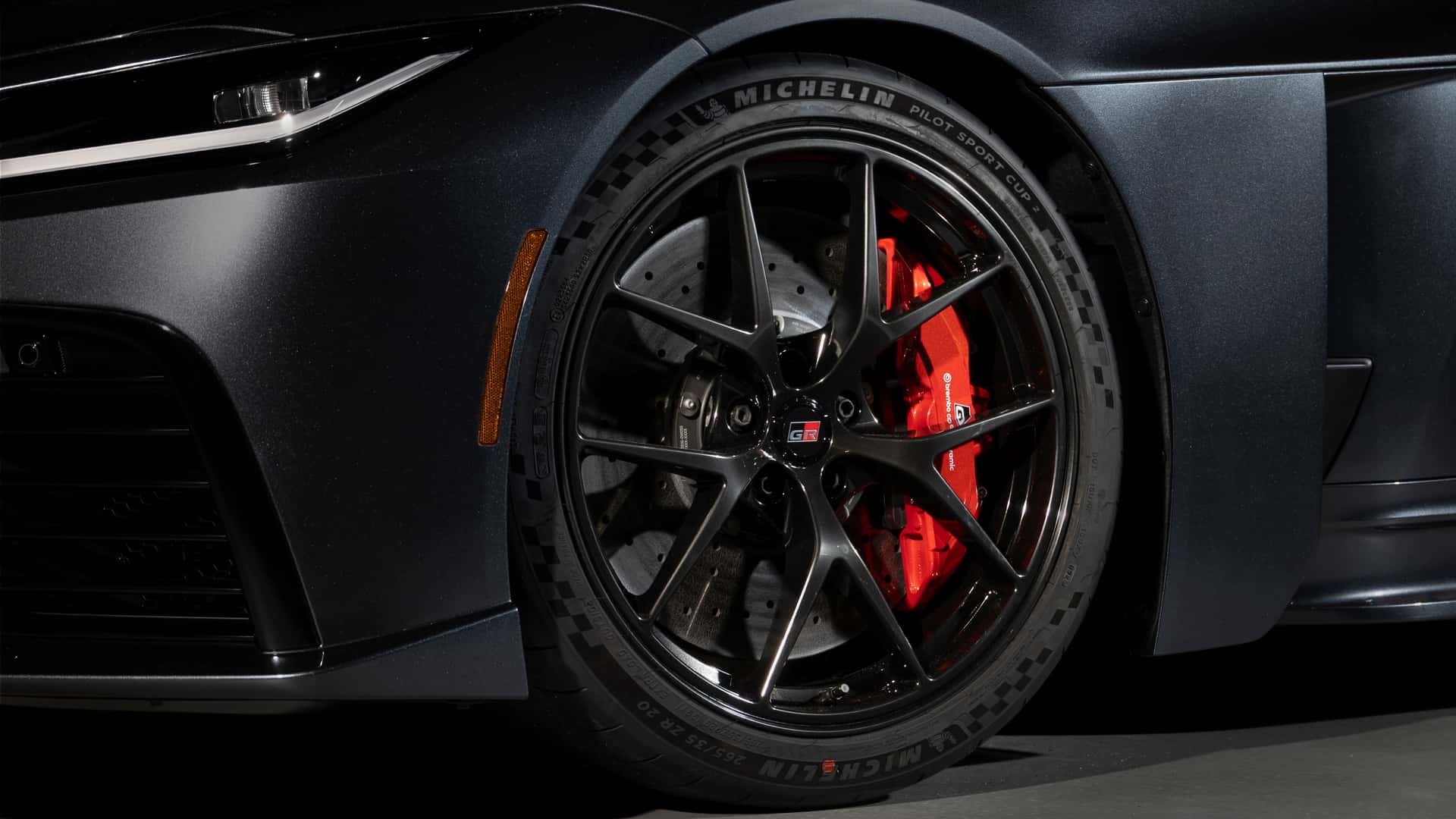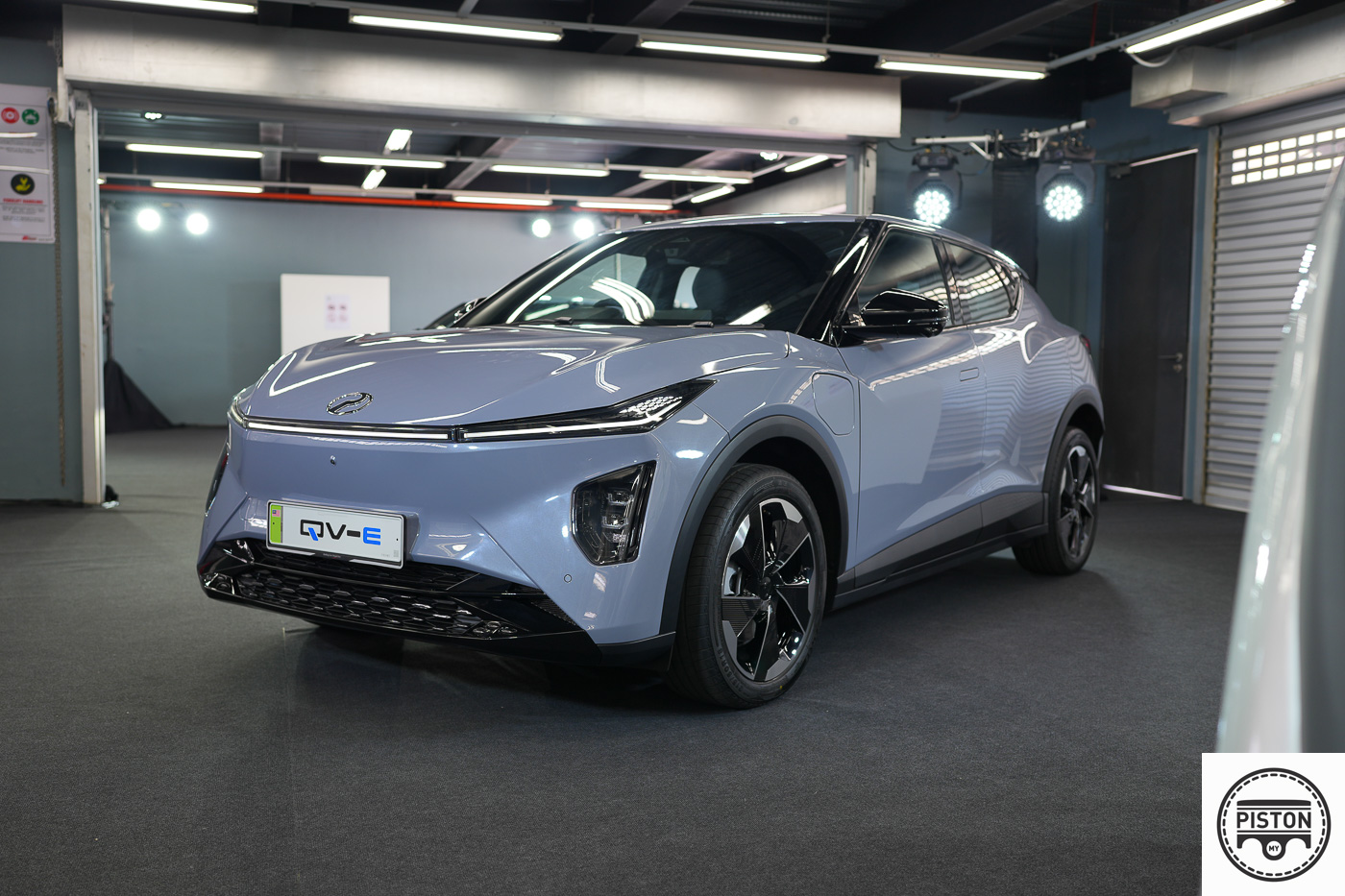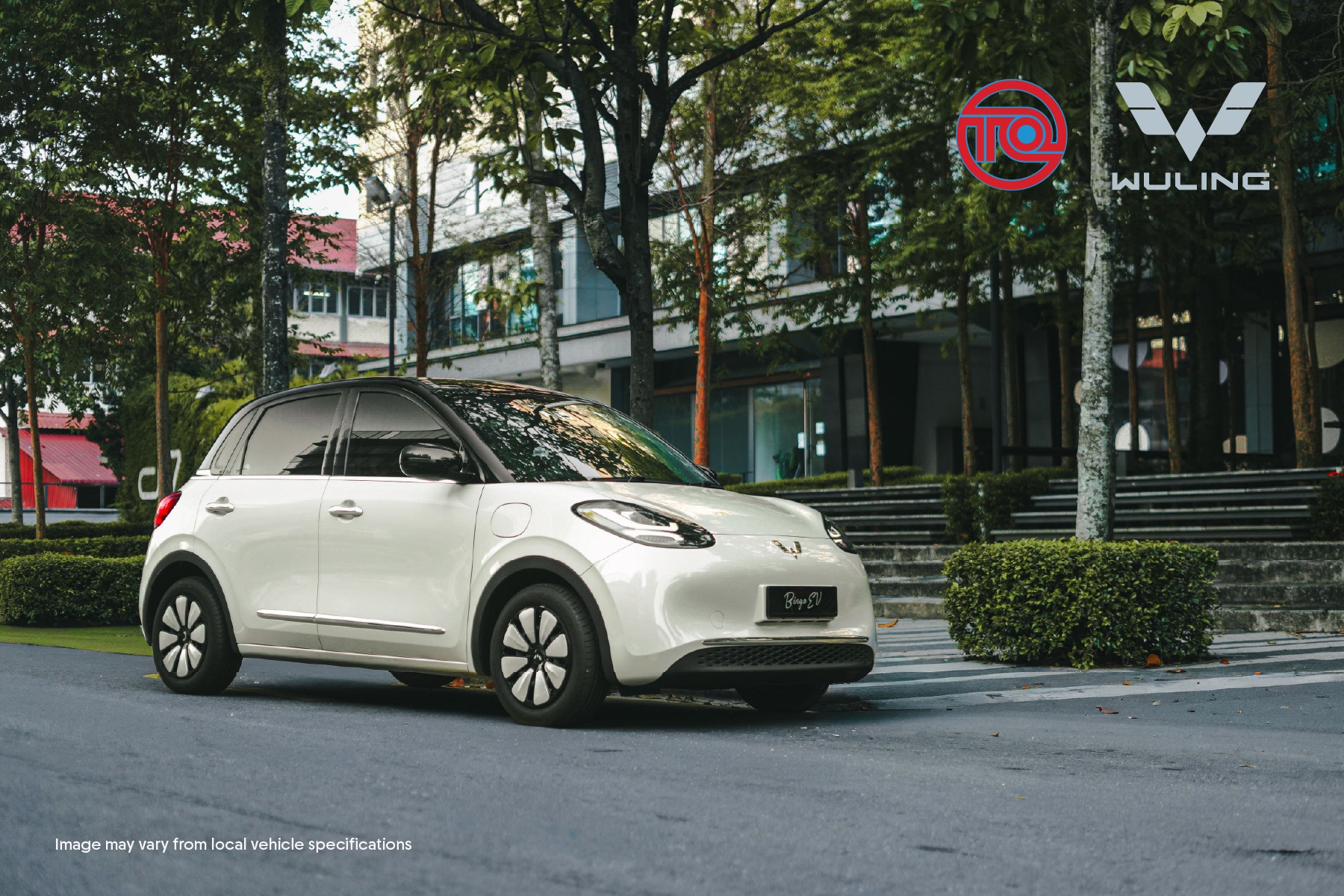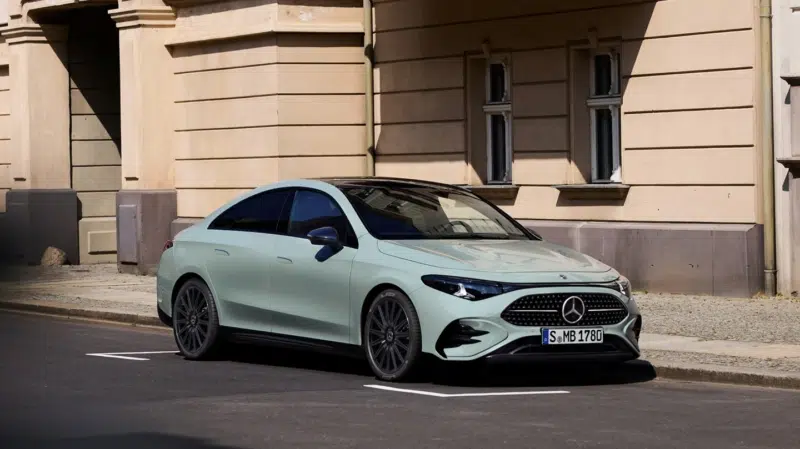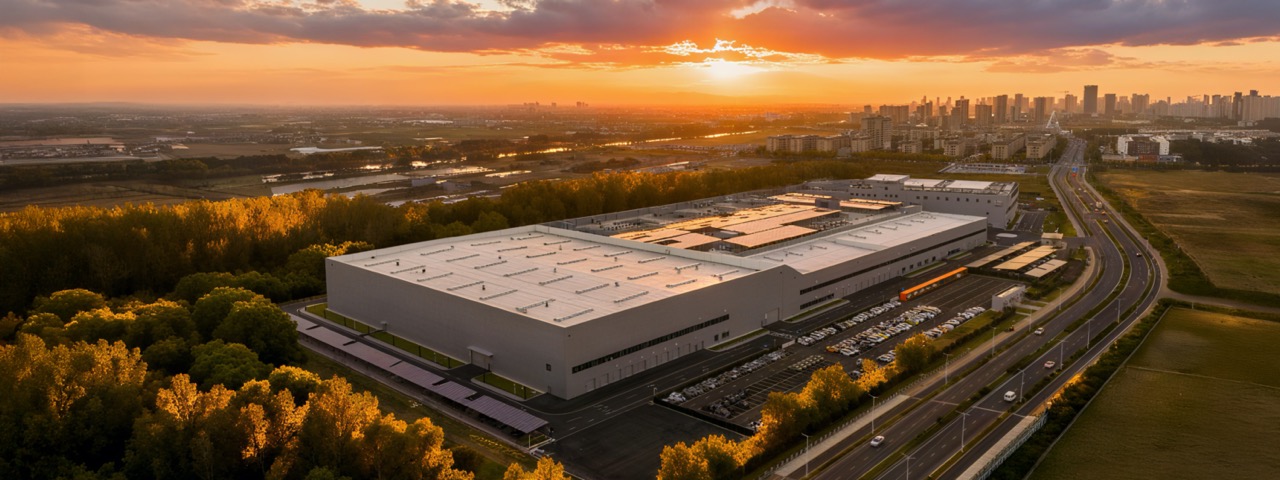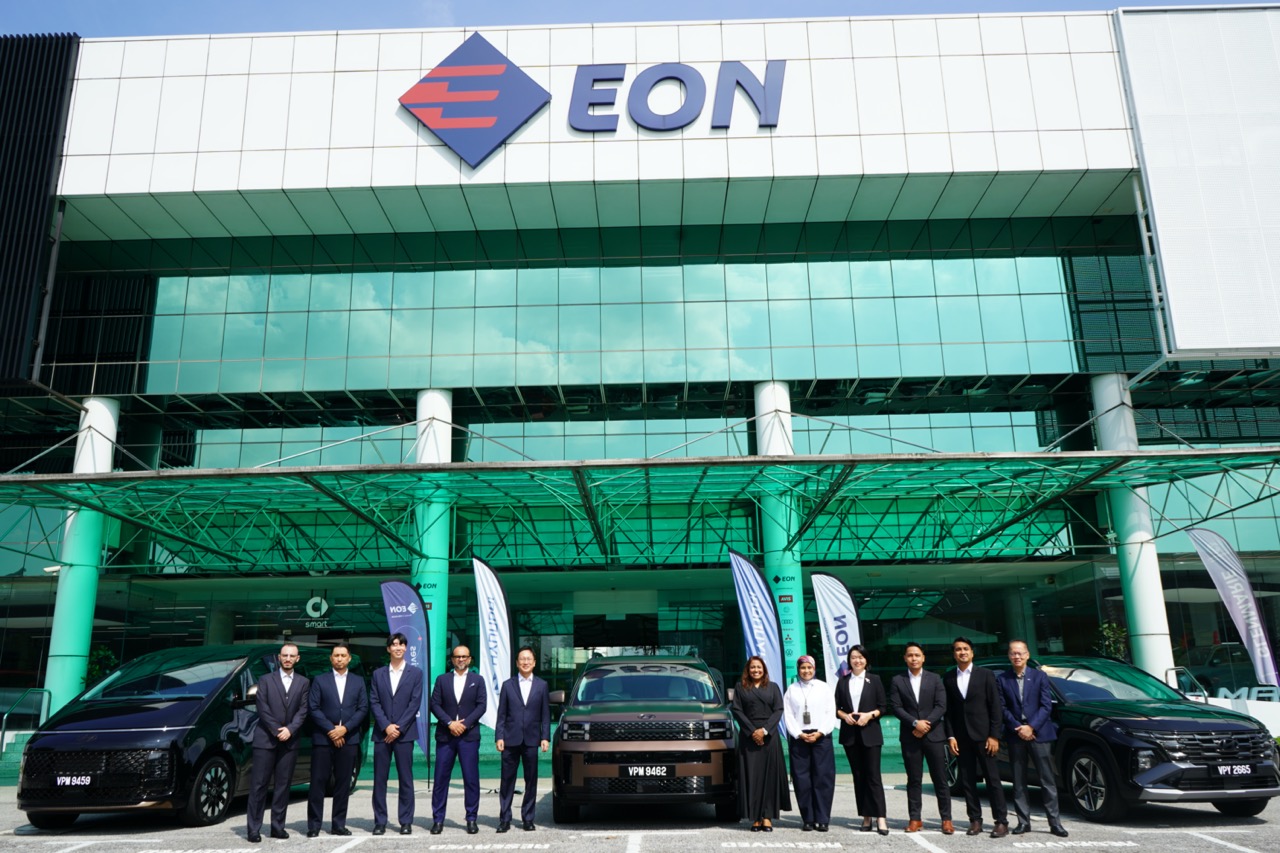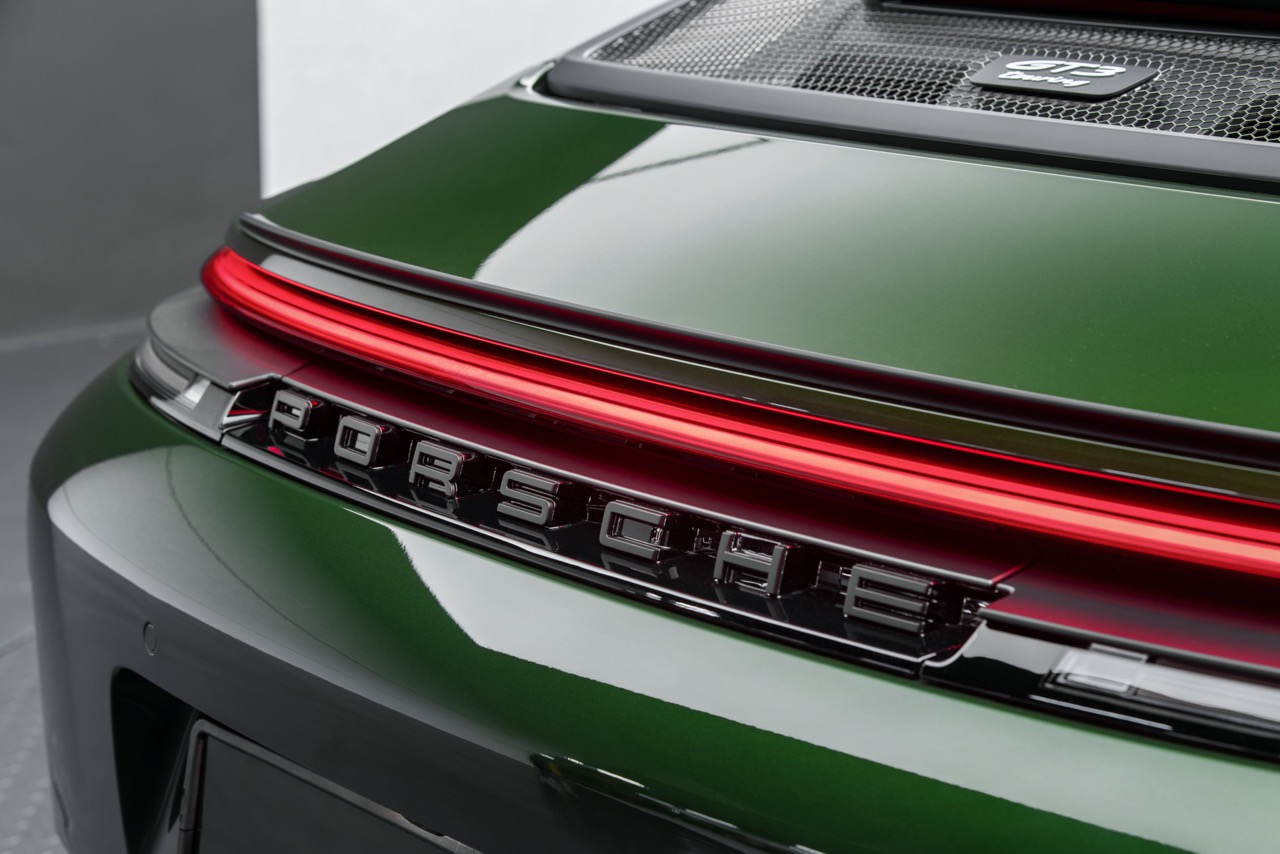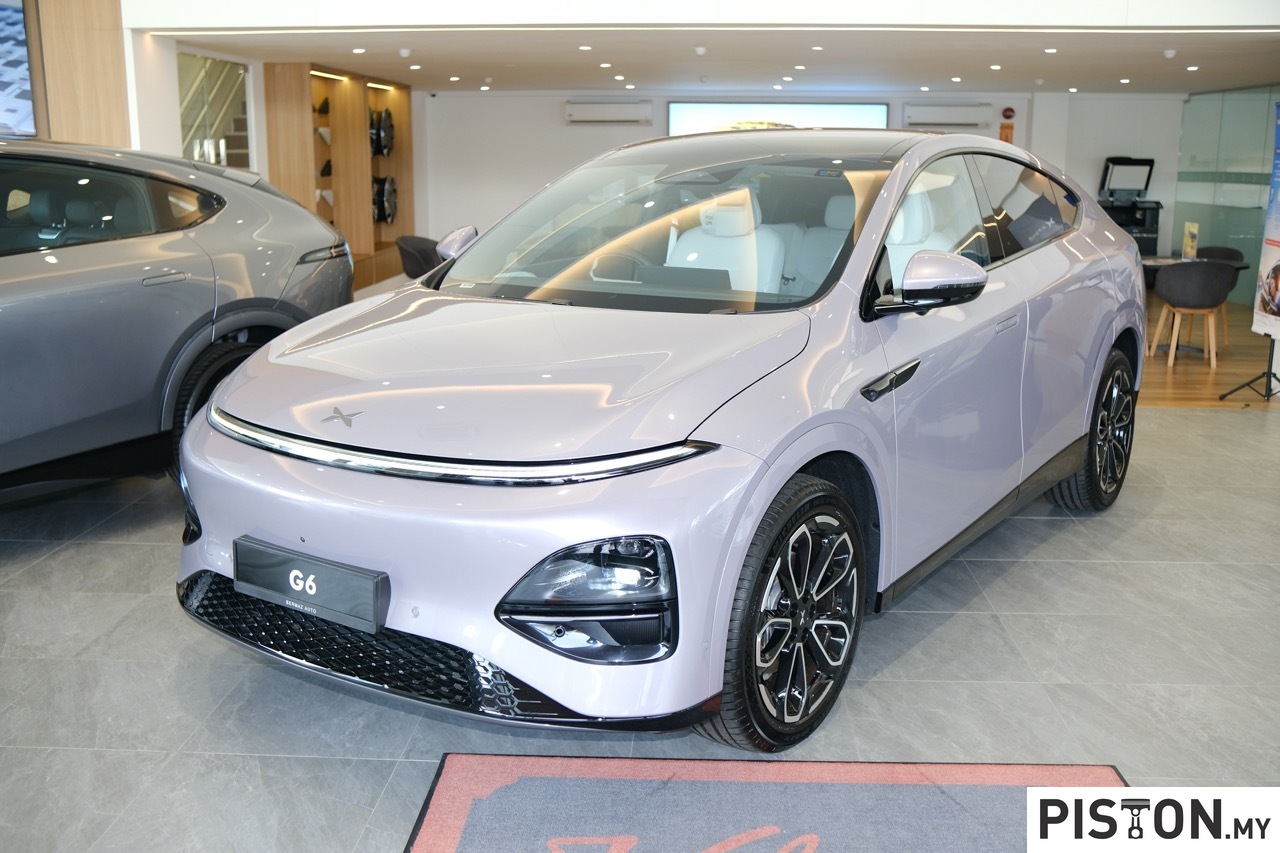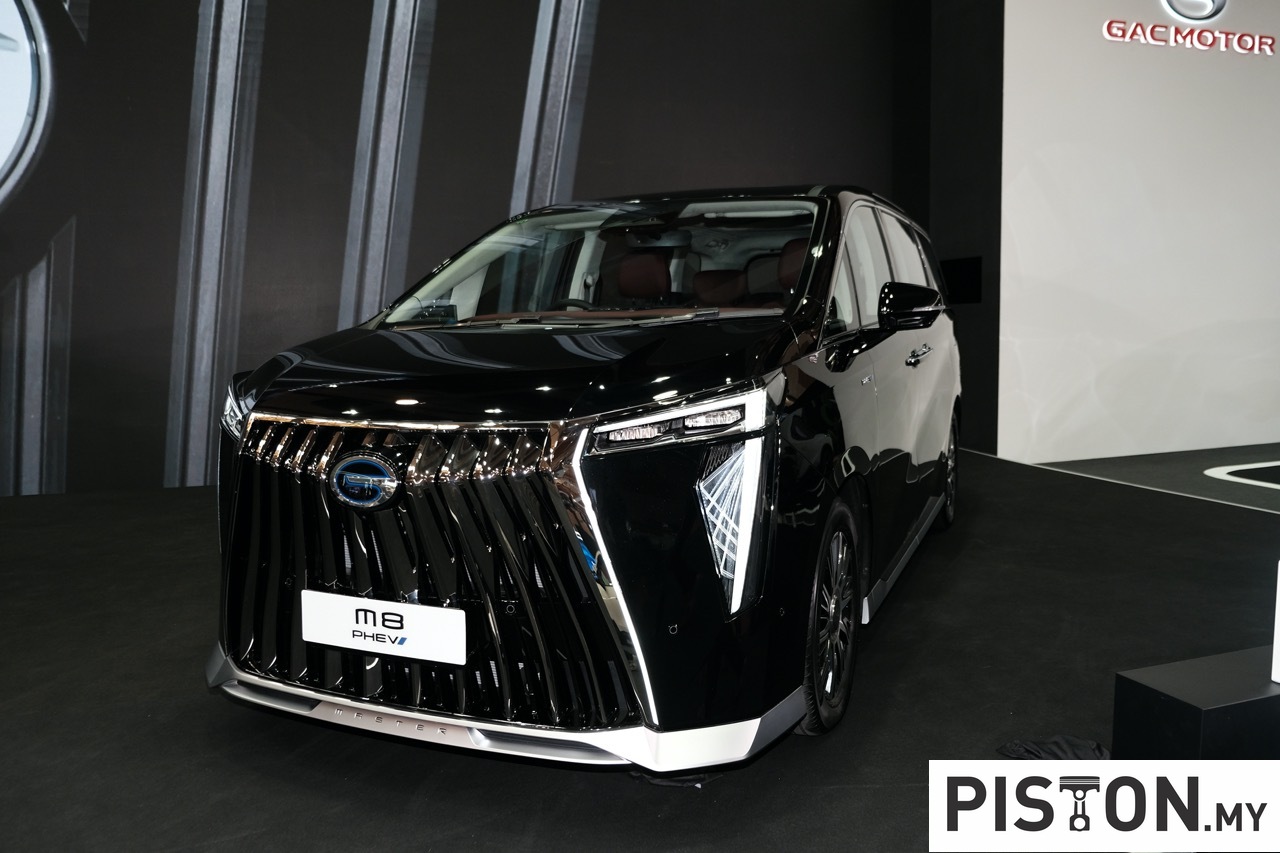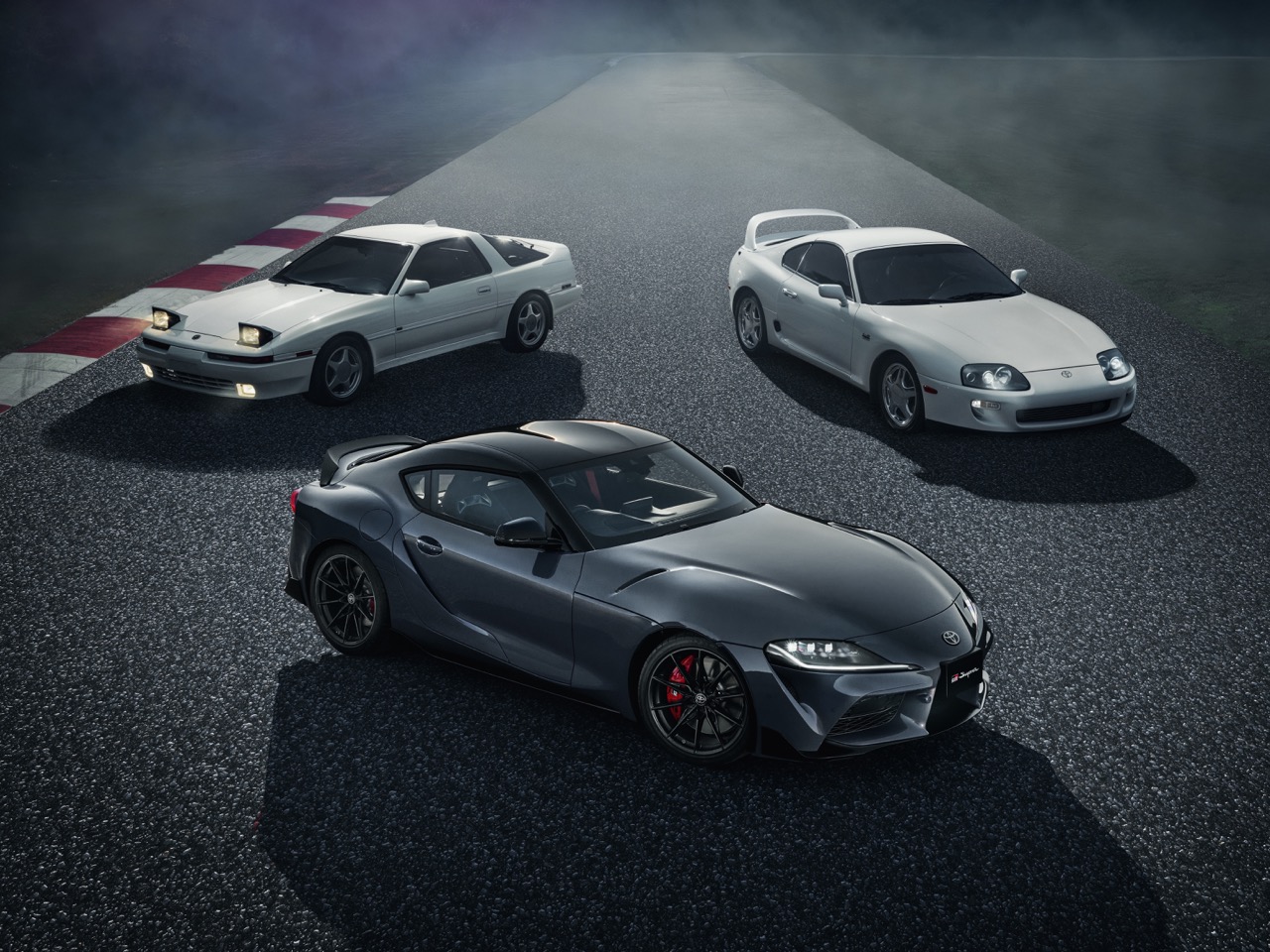Now that the storm has somewhat settled, let’s talk about the Perodua QV-E pragmatically.
Did Perodua really mess it up?
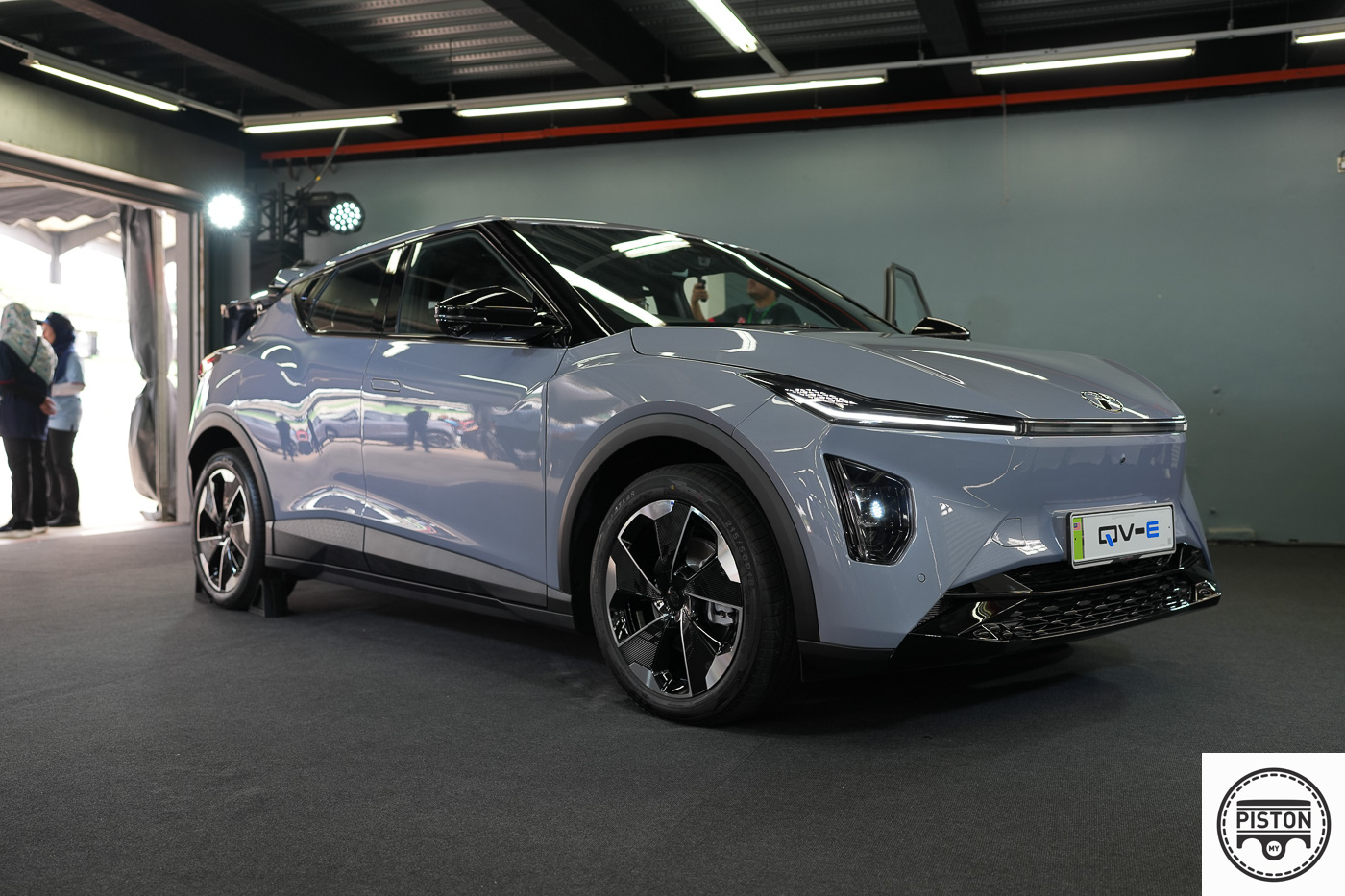
Up until the mandate from the government, Perodua did not have any plans of its own to build its own EV. Whether this was discussed in boardrooms, I am not privy to that, but nothing was announced to the media nor public.
The mandate from the government under the New Industrial Master Plan 2030 (NIMP 2030) was clear though, Perodua was given the champion’s role among local automotive manufacturers to accelerate the growth of the local EV ecosystem.
It had a strict deadline too. Perodua had to introduce its EV by 2025. A cold, hard two years.
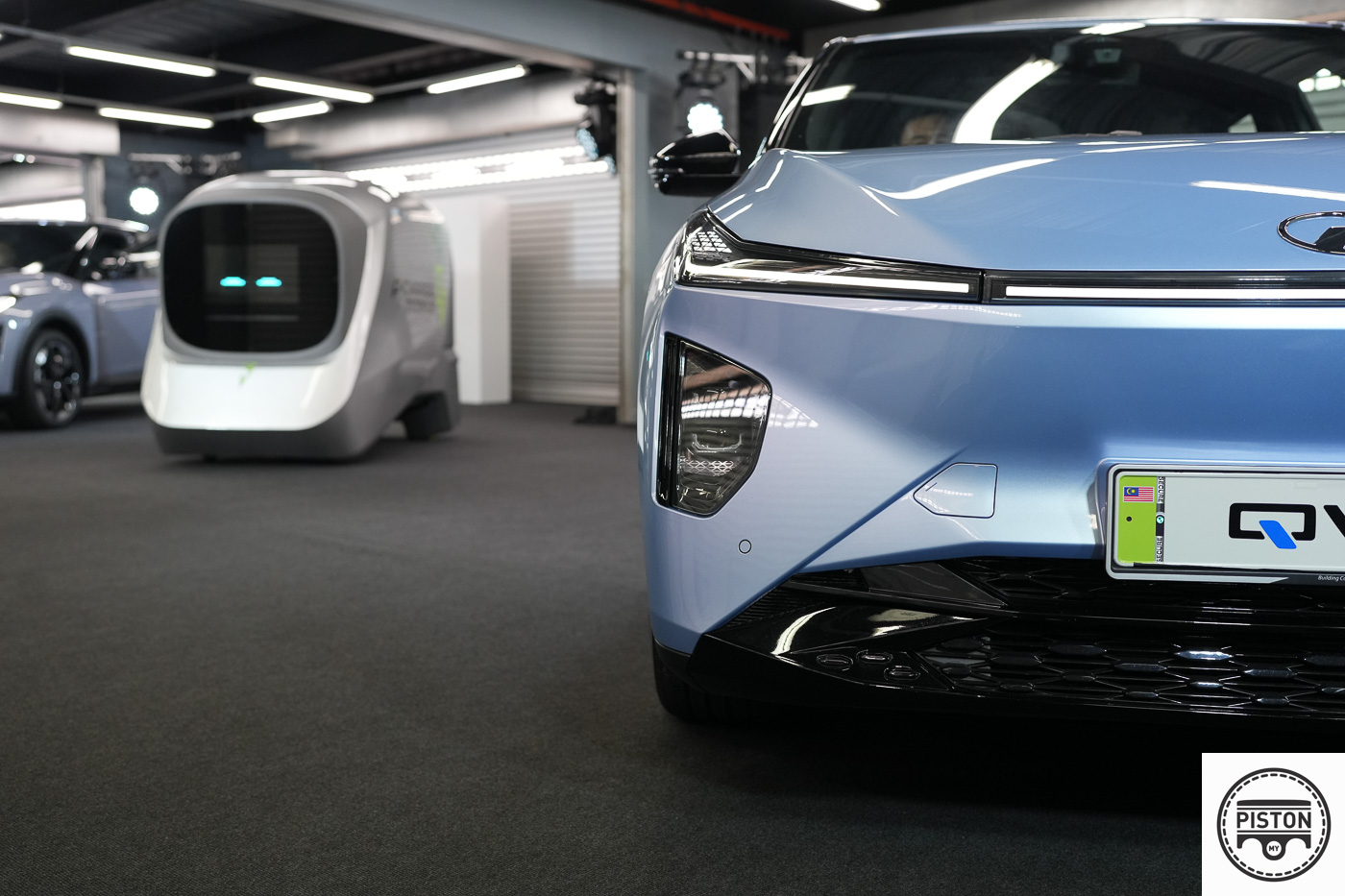
And there was a strict price ceiling, Perodua’s price ceiling had to be under RM100,000.
All things considered, and from what I saw with the QV-E, Perodua did not mess it up. Not. One. Bit.
Sure, the QV-E is far from perfect; the rear legroom is cramped. It also feels claustrophobic because of the small rear window and gigantic c-pillar.
Perodua also missed an opportunity to install rear air-conditioning vents, which is a pity because they built this car from the ground up and we live in a country where it can get more than just hot.
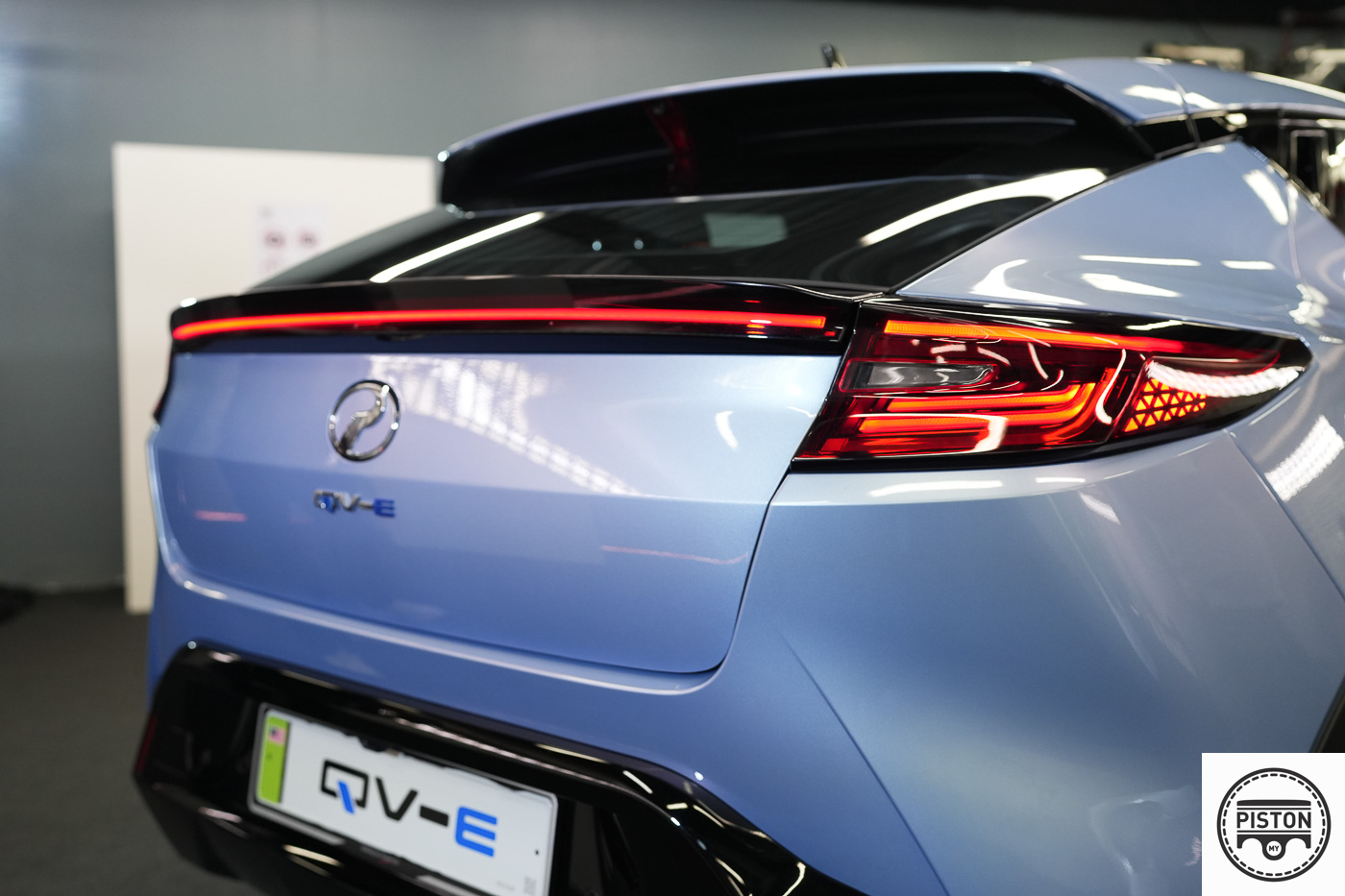
Some also say the interior feels cheap, but I don’t mind it.
I think the QV-E is a fantastic first effort from Perodua.
Keep in mind that Perodua has never built a car entirely of its own, not publicly at least. In its 32 years of existence, the QV-E is Perodua’s first 100% Perodua.
It is a brilliant first effort.
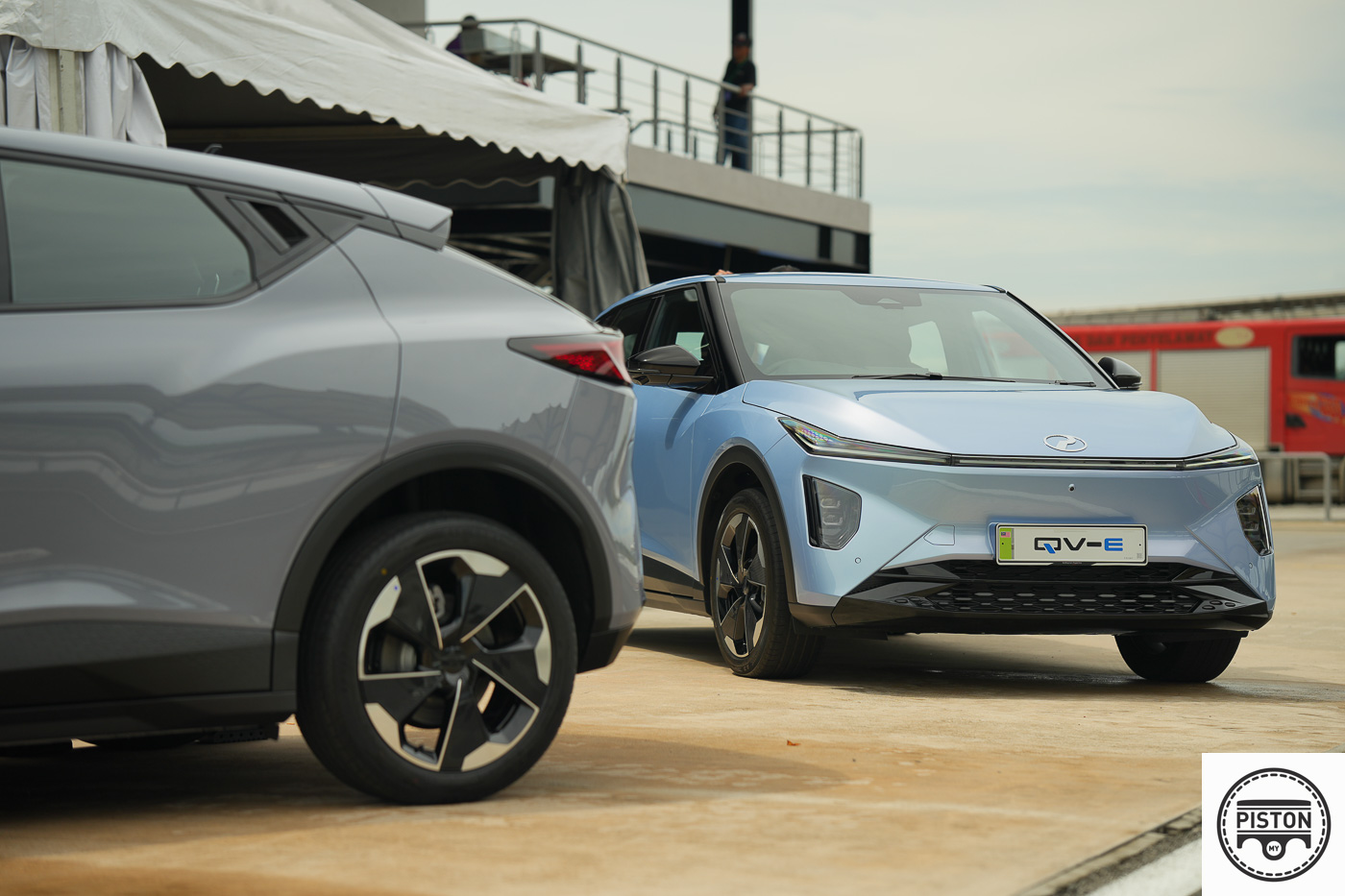
And before you chastise the QV-E as not entirely a Malaysian product simply because there was knowledge transfer from Magna Steyr, and components from BYD and Shanghai Electric, I would like you to name one car maker who builds everything by themselves.
And I mean everything from the seats to every single component of a car.
Some say the styling of the Perodua is not entirely original. Audi started with light bars at the rear of cars, don’t all cars have them now? Does that mean they are all unoriginal?

So where did it all go catastrophically wrong? What warrants netizens, key opinion leaders and such to aim their arsenal of keyboards at Perodua?
The Battery as a Service (BaaS) programme is what Perodua did. Simply said it was the straw that broke the back of a very fine camel.
During the product presentation for selected members of the media, a Perodua spokesperson said that they wanted to address three key concerns among EV buyers – resale value, battery degradation and high entry price.

And that is how BaaS came about. What Perodua perhaps did not expect was the very public backlash.
People did not see the point in paying monthly rental for a battery that they ultimately will not own. Even if Perodua provided a lifetime warranty on it and would replace it for free in just under 30 minutes if the state of health of the battery falls below 70%.
The public just does not seem to care about that. If they have paid for it, they want to own it. If the state of health of the battery falls below 70%, they want to deal with it in their own way.
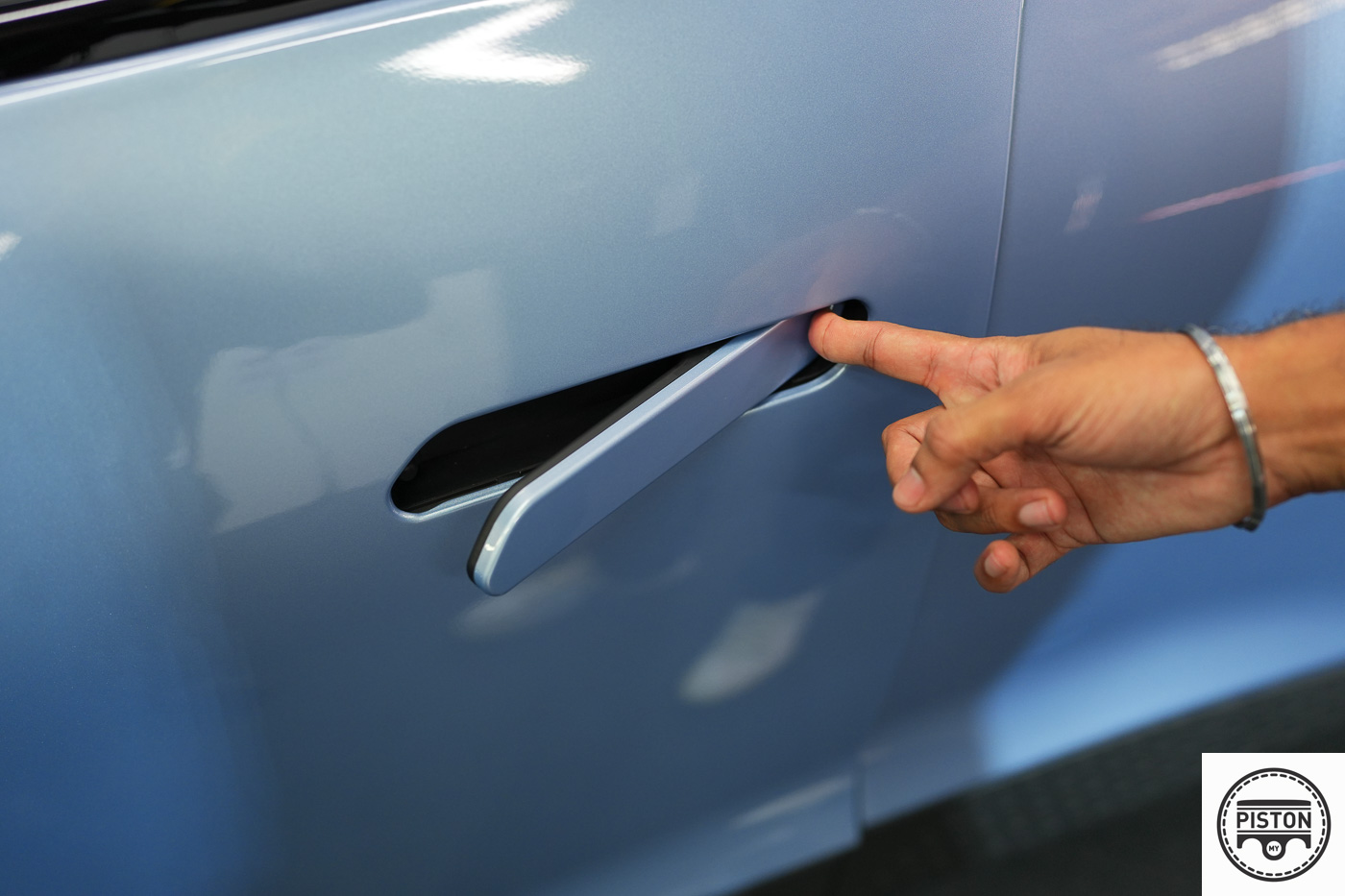
The other thing was Perodua wants to be able to track the whereabout of the battery since it owns it. None of us like being tracked admittedly so that’s another nail in the coffin.
And then there is the remote disabling of a car, and this part I don’t understand the backlash.
Opinions posted online say that Perodua should not be able to disable the car even if payment for the battery is not made. But why would you not pay for it in the first place?
And if you can’t afford to pay for it already, shouldn’t you sell the car and reassess your finances?
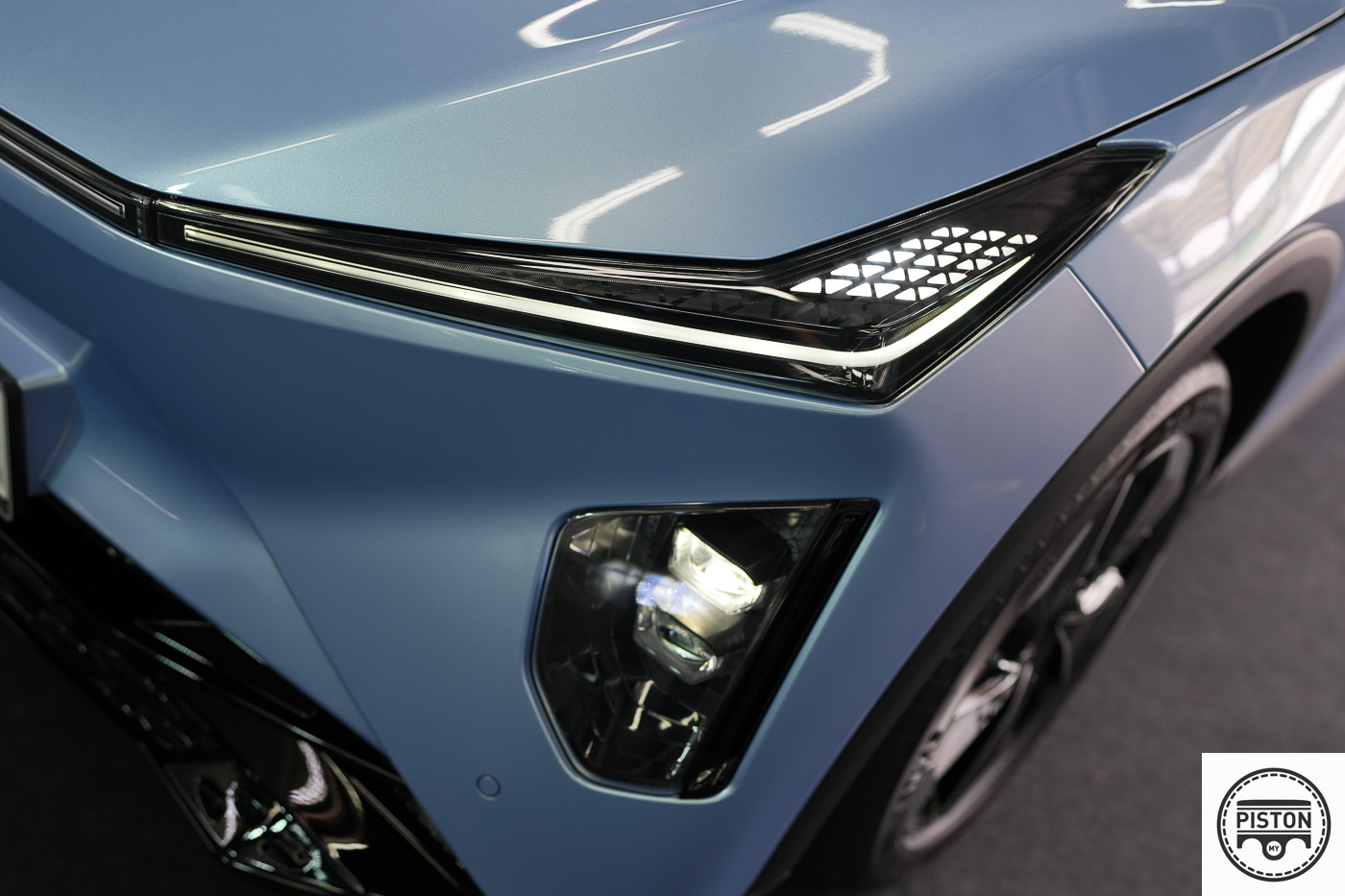
There is also the case of the car being used for Syariah compliant purposes. Or so it may seem.
This was initially the source of many unwarranted jokes online with some saying that that meant they could not carry non-halal items since the car needed to be “syariah compliant”. But this is all nonsense and childish.
Perodua clarified that the BaaS programme itself is Syariah Compliant and operates on the Islamic concept of Ijarah.
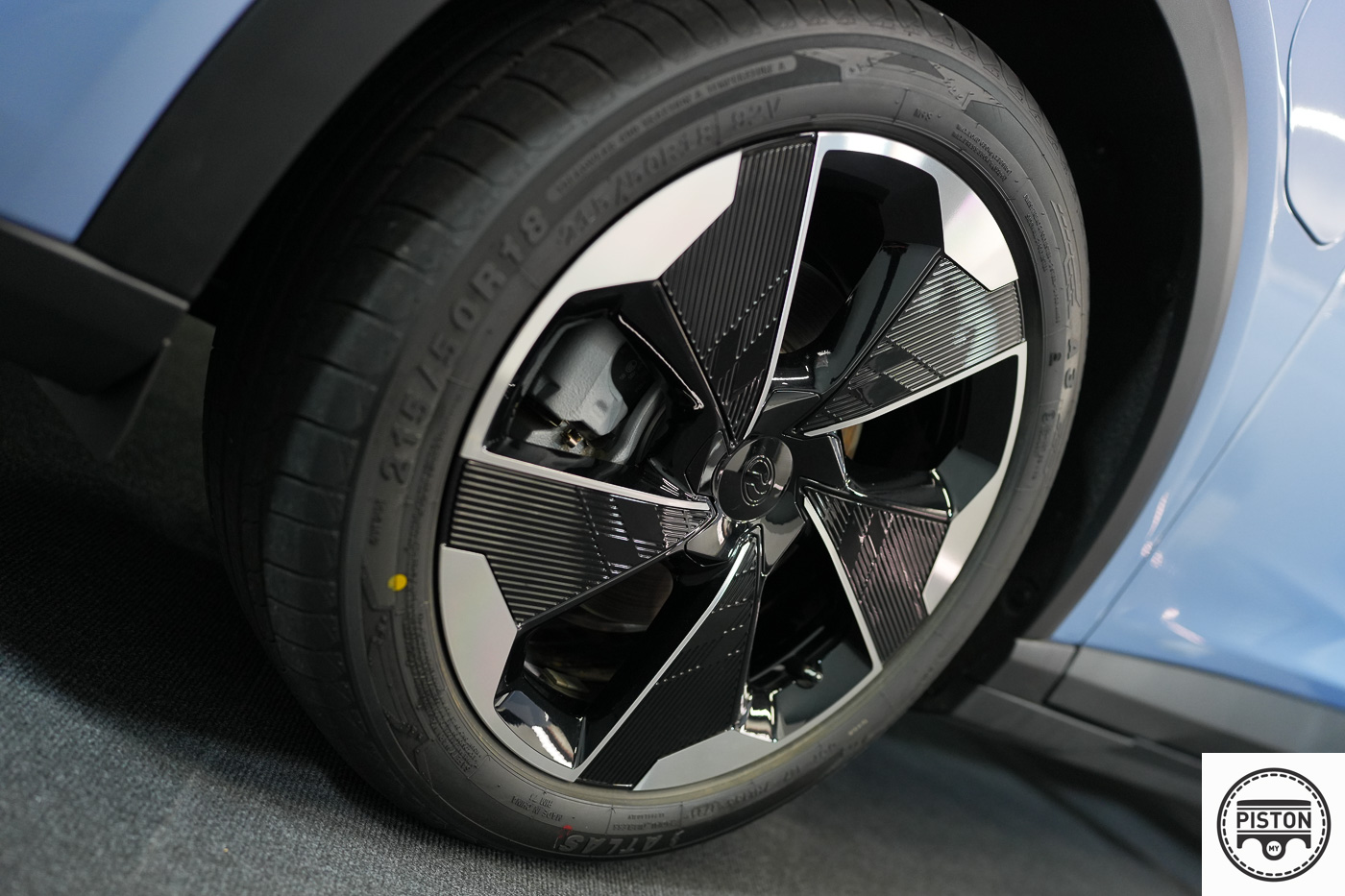
Bank Negara defines Ijarah as a “type of lease that literally means the compensate and to give something on rent”. You can read the entire definition on Bank Negara’s website.
So based on this concept, Perodua as the owner of the battery, leases out the battery to the interested party at an agreed rental rate over an agreed lease period. The battery remains the property of Perodua while the leaser has the right of use (usufruct) of the battery.
At the end of the nine year period, the leaser may return the battery to Perodua or extend the leaser period of the battery for a secondary term.
And this is where the issue lays.
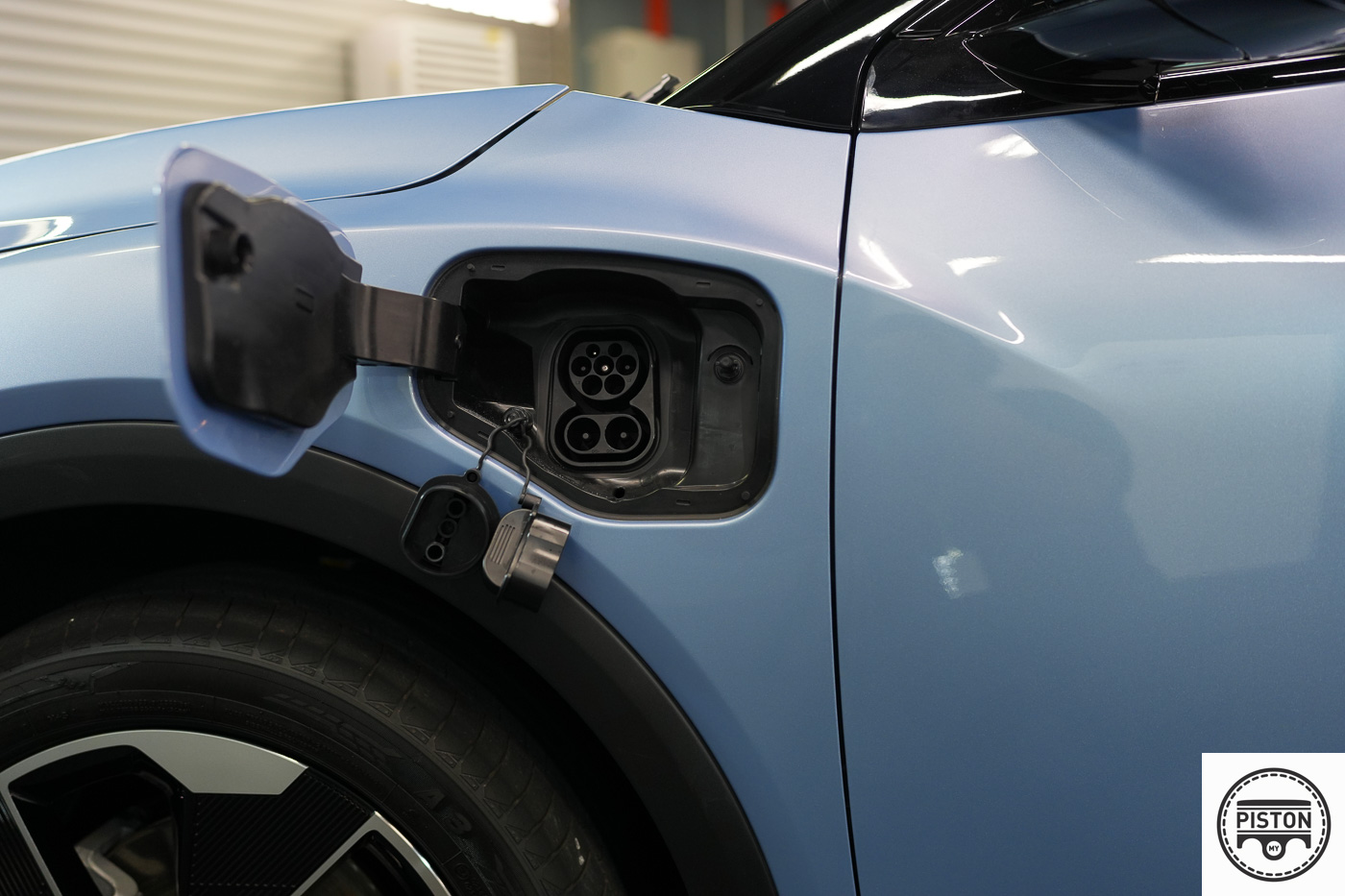
How can the person who has bought the car return the battery? Does that not render the car useless?
So that means the owner has no choice but to extend the lease period.
There are mentions that the owner can continue using the battery past the nine-year agreement period, but there is no such mention in Perodua’s Product Disclosure Sheet which it shared together with its clarification of the Syariah Compliance issue on its social media channels.
The disclosure sheet only mentions two possible scenarios once the lease term ends.
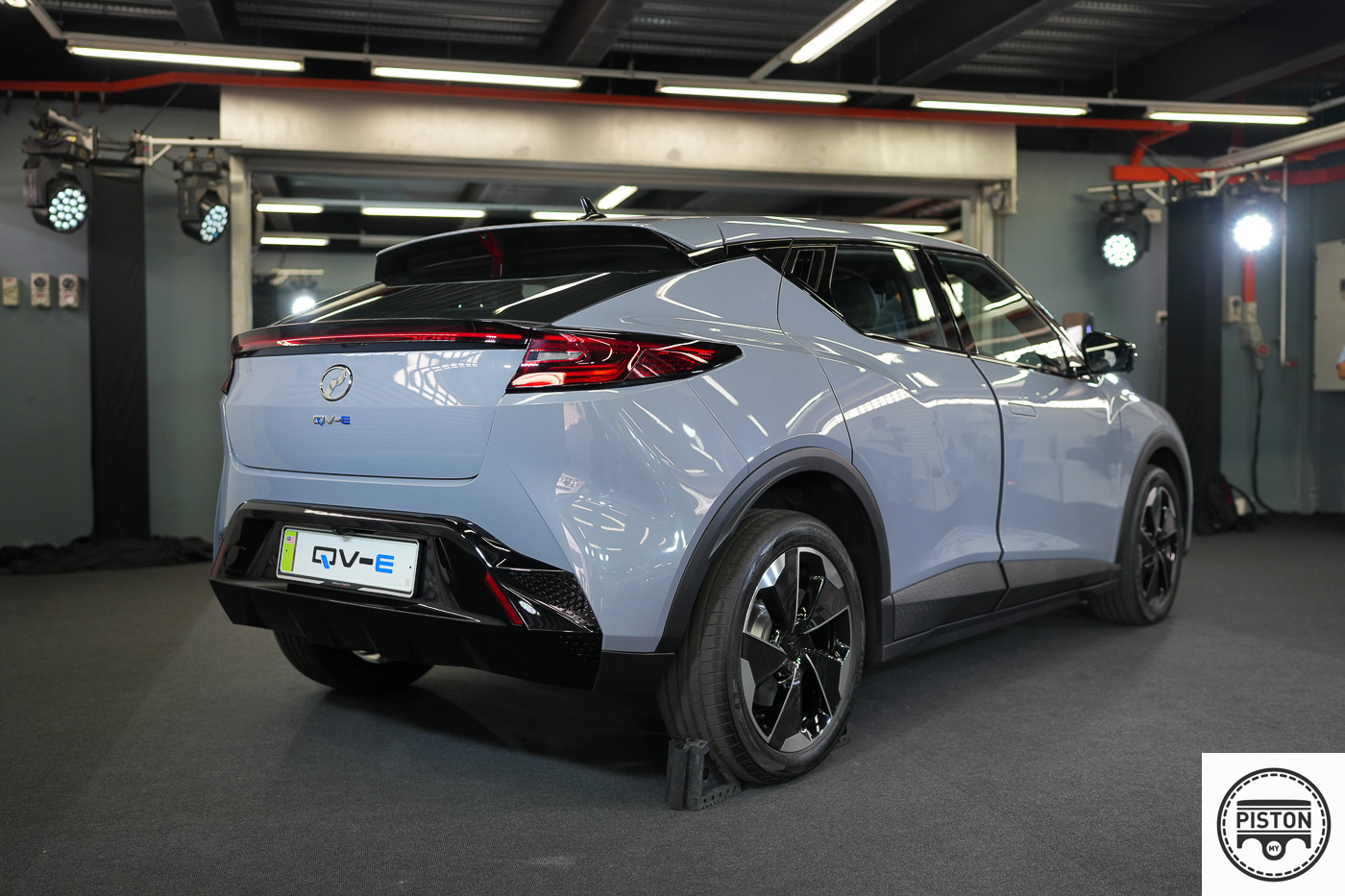
So did Perodua mess up then?
I maintain that Perodua did not mess up on the car, perhaps the execution of the BaaS. It’s a noble idea that offloads the headache of battery degradation but perhaps it is a little ahead of its time as no one is really talking about that at the moment. And you really can’t fix a problem that is not affecting the masses .. as yet.
Also, perhaps include another option for owner’s to continue using the battery for as long as they want, they did after all pay for it, and the car does belong to them. If they want to drive it till it no longer moves, let them.
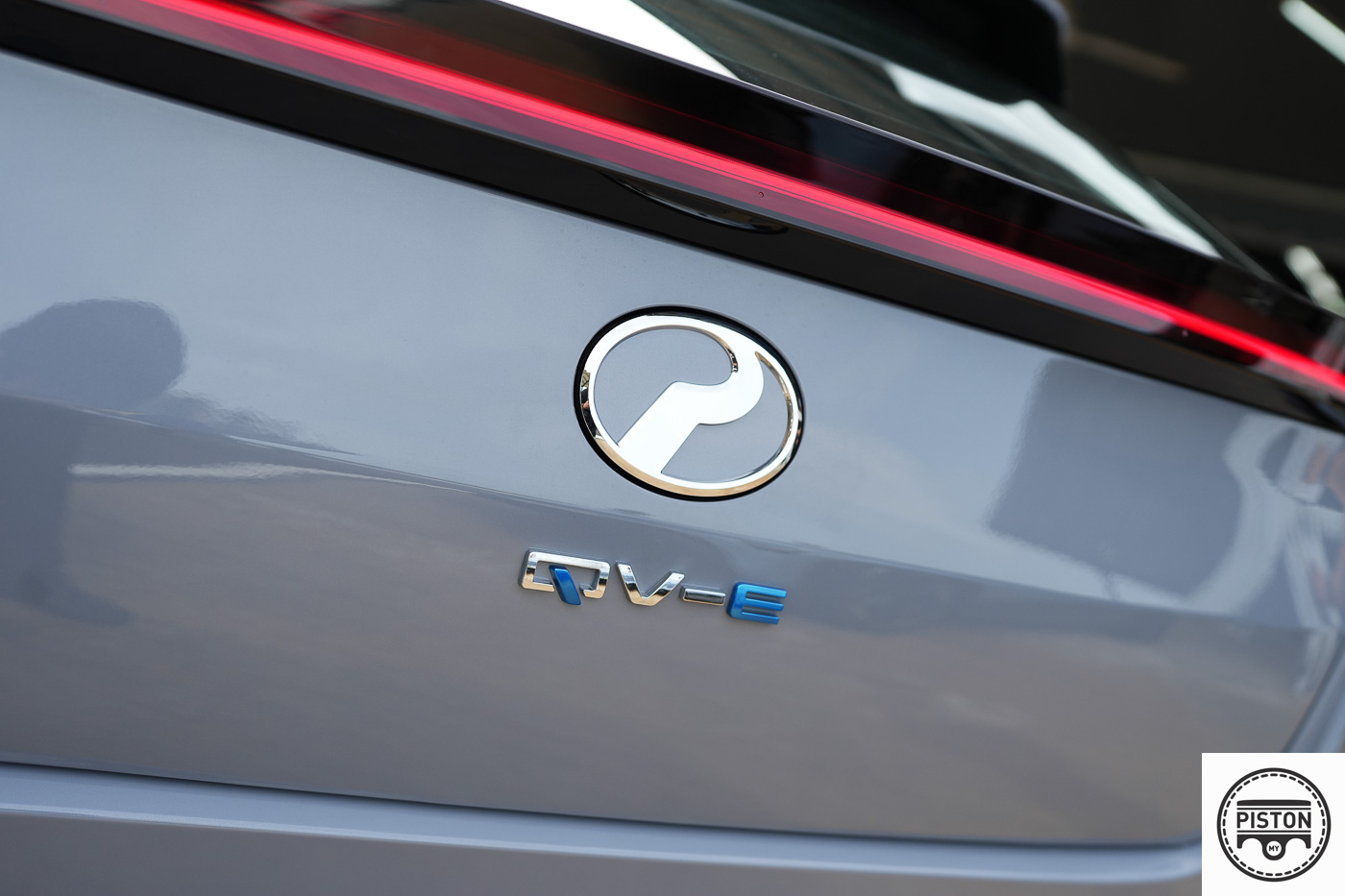
But the QV-E is surely a great first try from Perodua. The platform it is built on is a modular one and can be shortened for smaller cars and elongated for bigger cars, so this chapter is not over for Perodua, it is just the beginning, and I am sure Perodua will learn from this and come back stronger.
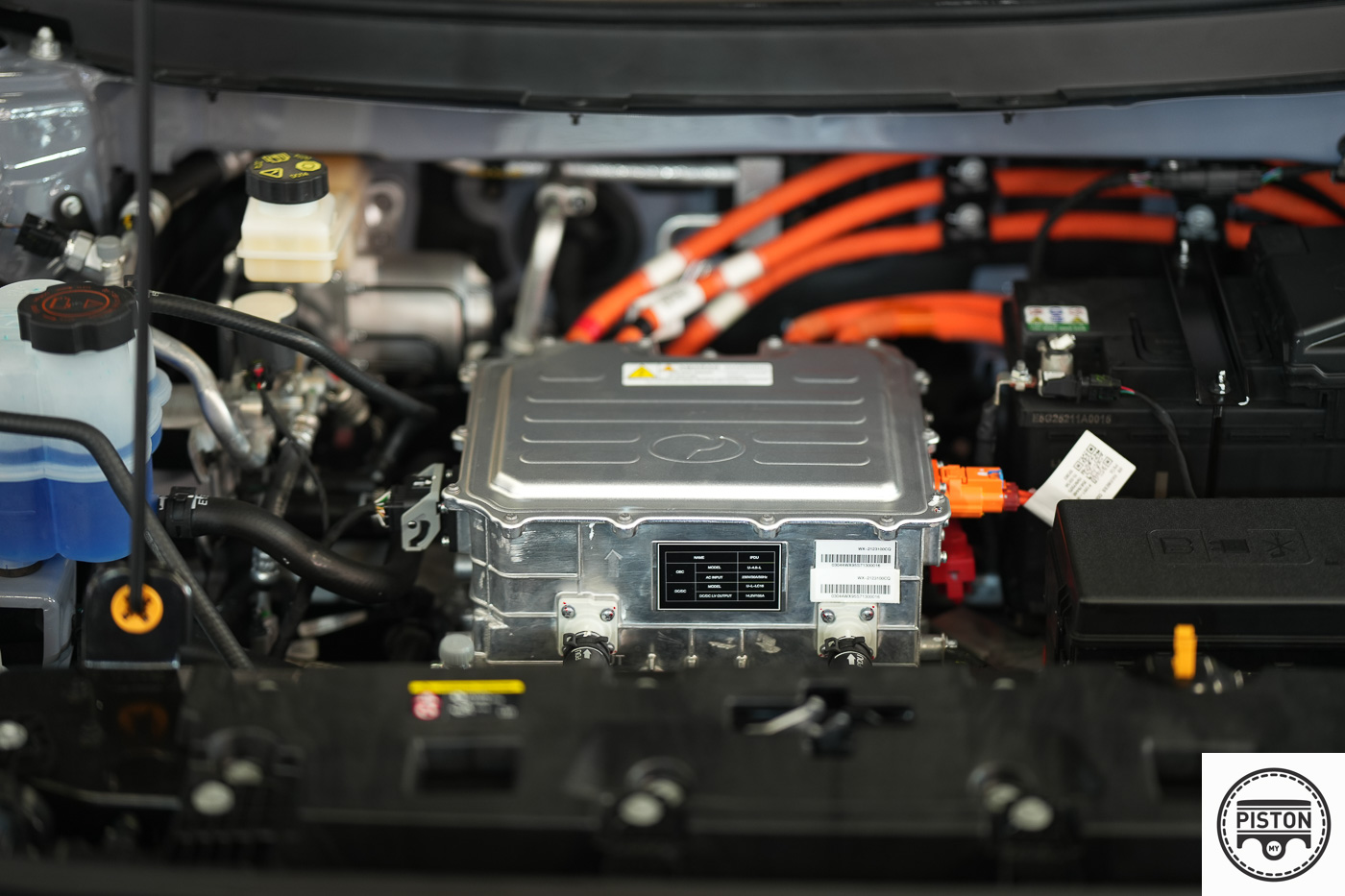
Perhaps allow owners to own the battery outright? If they want to deal with degradation, then let them.




